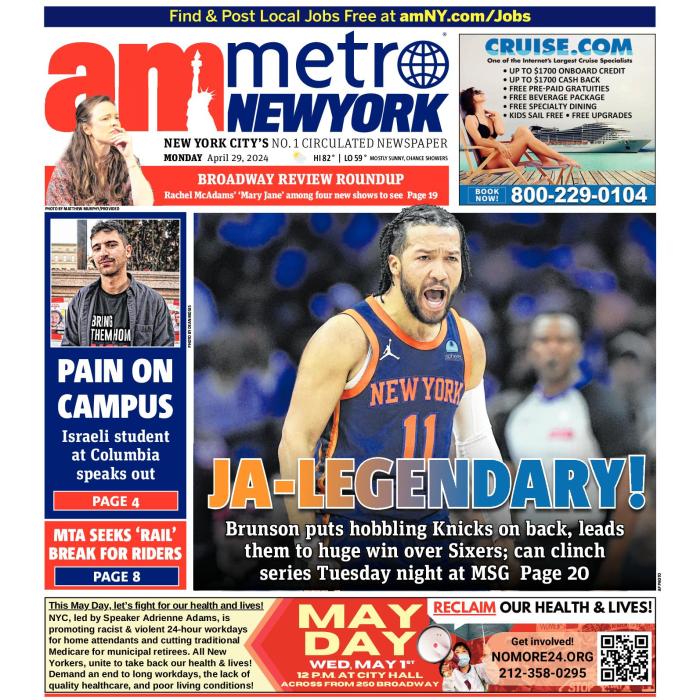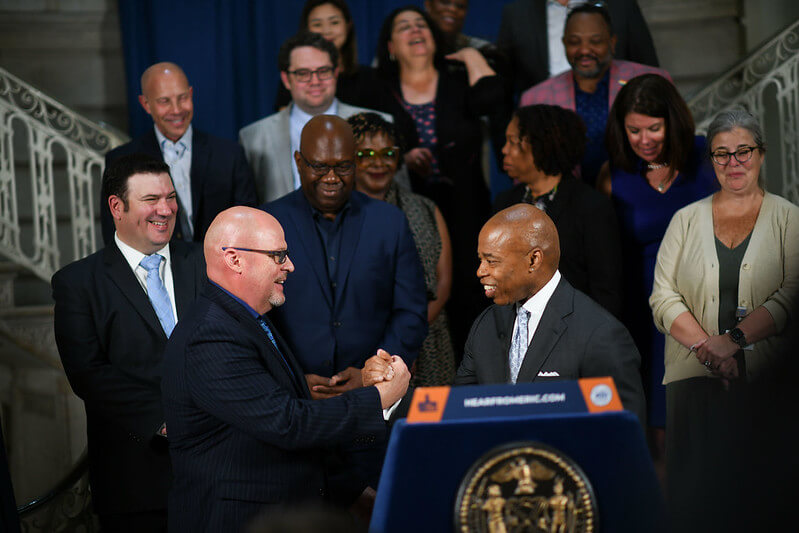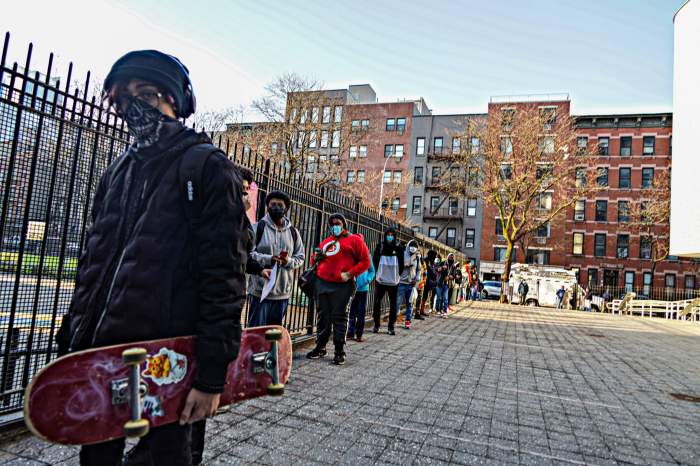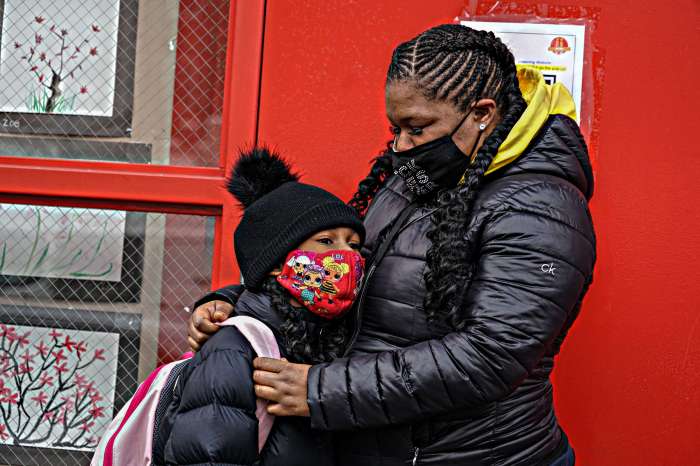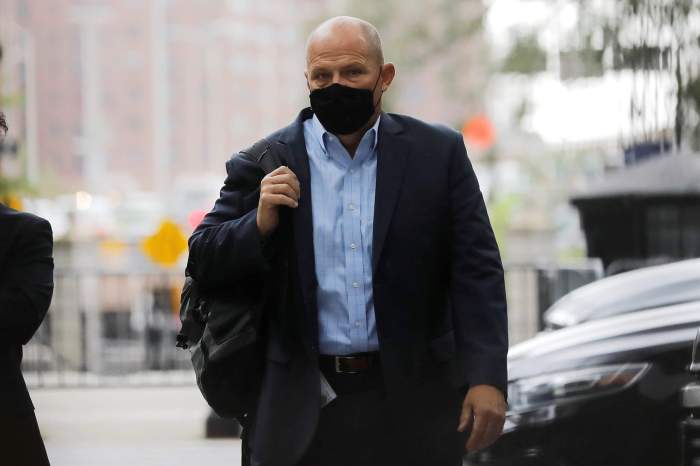The city has reached a new tentative five-plus year labor deal with the United Federation of Teachers (UFT), New York City’s public school teacher’s union, Mayor Eric Adams and union boss Michael Mulgrew announced at a City Hall press conference on Tuesday afternoon.
The new contract, which will cover 120,000 municipal employees, follows the negotiating pattern set by the administration’s agreement with District Council 37 (DC37), the city’s largest municipal union, earlier this year, according to the mayor’s office. The contract is retroactive, starting in September 2022, and includes 3% wage increases across its first three years — 2022, 2023 and 2024 — and raises of 3.25% and 3.50% in 2025 and 2026 respectively.
Also in the deal is a $3,000 lump-sum ratification bonus for all UFT members and an annual employee-retention payment in perpetuity of $400 in 2024, $700 in 2025, $1,000 in 2026 and every year after that.
Additionally, the agreement includes a “voluntary virtual learning program” that will ultimately be offered to all high schoolers and some middle schoolers. That program aims to allow students to access a wider range of courses and to have the flexibility to take classes on nights and weekends, when they’re not traditionally offered.
“This agreement today sends a real signal that public education is one of the most important things we do as a city and as a society because if you don’t educate you will incarcerate,” the mayor said. “I’m proud to announce that the city of New York has reached a tentative five-plus year contract agreement with the United Federation of Teachers that provides substantial wage increases for the people who teach, support, and safeguard our children and secures a fair deal for taxpayers as well.”
Mulgrew said the tentative contract was crafted with teachers’ demands in mind and gives them the ability to do the jobs they were hired to do without fear of being micromanaged, while supplying the wages necessary to live in an expensive city like New York.
“We said to them in this contract, ‘we heard you, loud and clear,’” Mulgrew said. “‘We want to be given respect that we can do the work you’re asking us to do and we don’t need to be micromanaged.’ The mayor always says this: ‘we want the people we hire to work to be able to do what we hired them for, we’re not here to feed bureaucracies.’ And that’s what we see in this contract. They wanted more time to actually do the work that brings meaning to the job and actually helps children to do that. And they wanted to be able to see that they can live in New York City and afford it for themselves and their families. And we have that.”
Renee Campion, who leads the city office of labor relations, said the raises included in the deal will boost the minimum yearly salaries for starting teachers with a bachelor’s degree from the current level of $61,070 to $72,349 by the end of the contract period — that amount includes the recurring employee retention payments. Teachers with a master’s degree, who currently earn $68,652 a year to start, will end the contract with an $81,201 annual base salary.
Campion said the most senior teachers, who hold a master’s and have been on the job for at least 22 years, will see their annual wages rise from $128,657 to $151,271 by 2027.
According to Campion, the employee retention bonus is a recurring payment and not a one-time cash payment. It was funded in the contract as a rate increase that goes up year after year.
“This is the first time we’ve negotiated this sort of payment for the UFT,” Campion said in response to a reporter’s question.
But, Campion said, most of the contract negotiations focussed on crafting the new virtual learning program.
According to Department of Education Chancellor David Banks, the virtual learning program will be the first of its kind among major school systems throughout the country. It’s designed to give students access to a far broader range of course offerings and allow them to take classes outside the regularly scheduled school day.
“We learned during the pandemic that some students, especially non-traditional students, benefited from the additional flexibility in their schedule,” Banks said. “Students who were at risk of dropping out were able to continue their coursework on a schedule that works best for them. This expands those types of opportunities across the entire system.”
The program will also allow educators to work virtually to support those students, helping them hone their virtual teaching skills.
“This agreement allows us to do what the mayor has said from the very beginning of this administration, which is to reimagine how we even do school in the first place, and to think out of the box with new and innovative and creative ways to engage all of our young people,” Banks said. “So this contract takes the best of what we’ve learned over the last three years, and refines those takeaways.”
